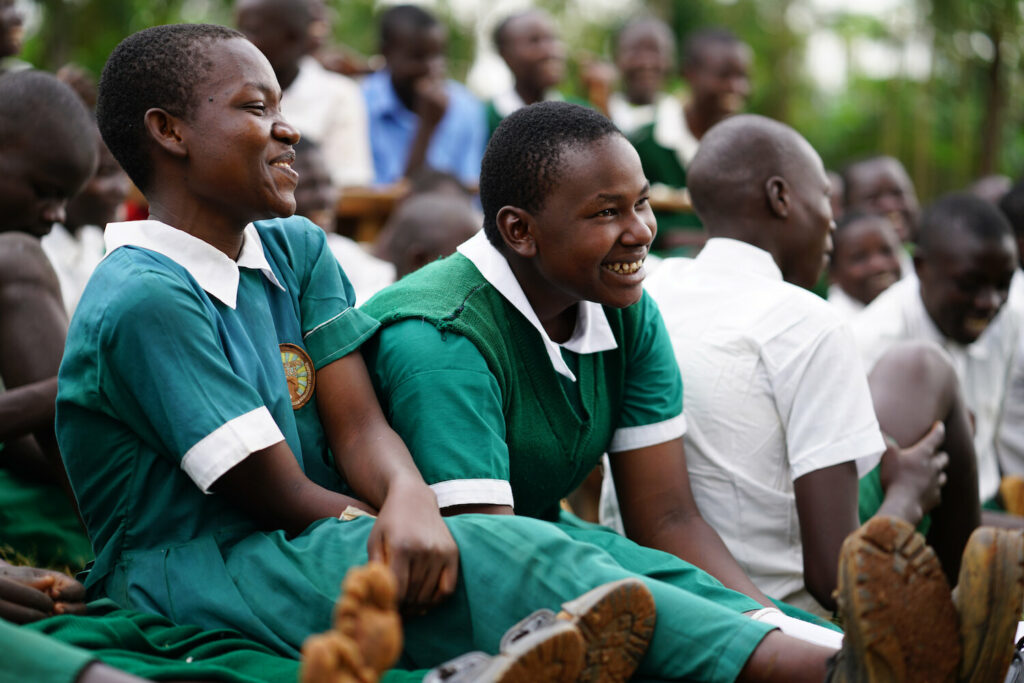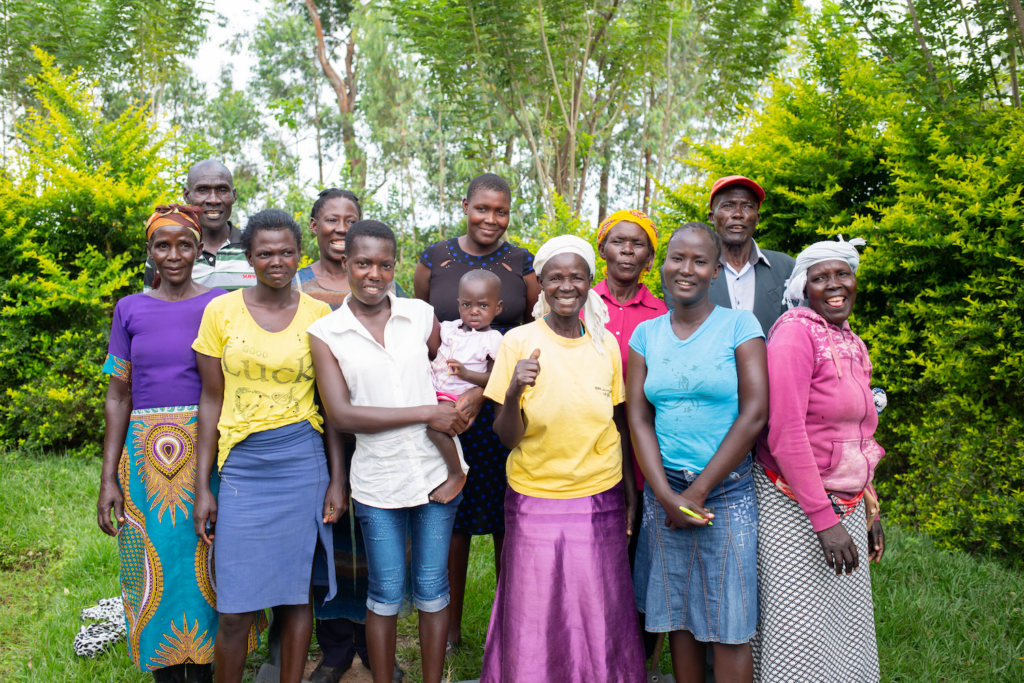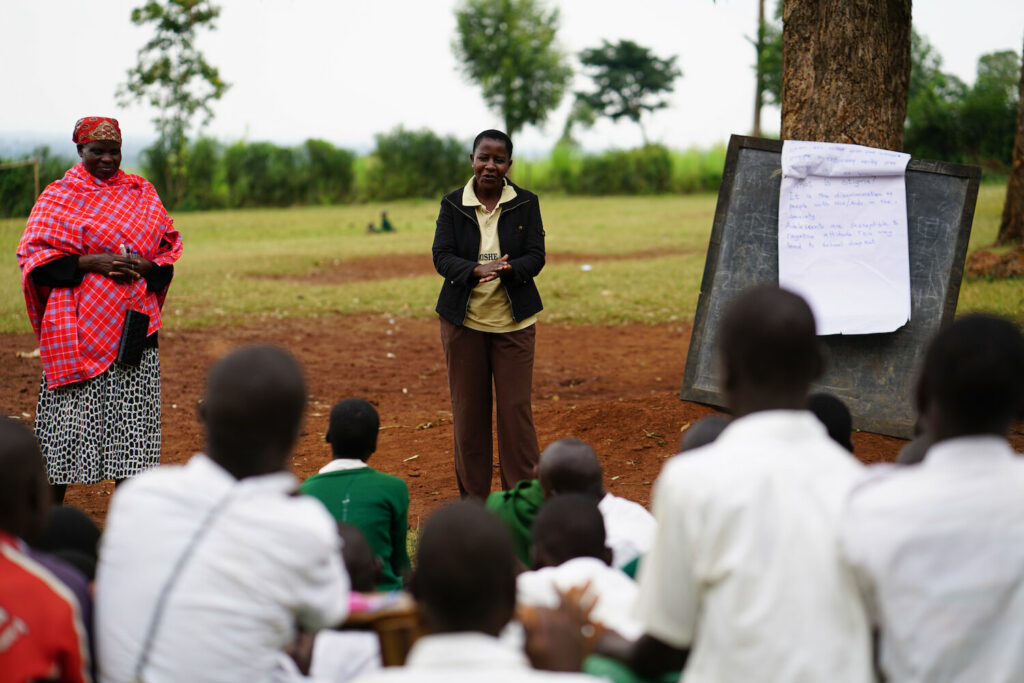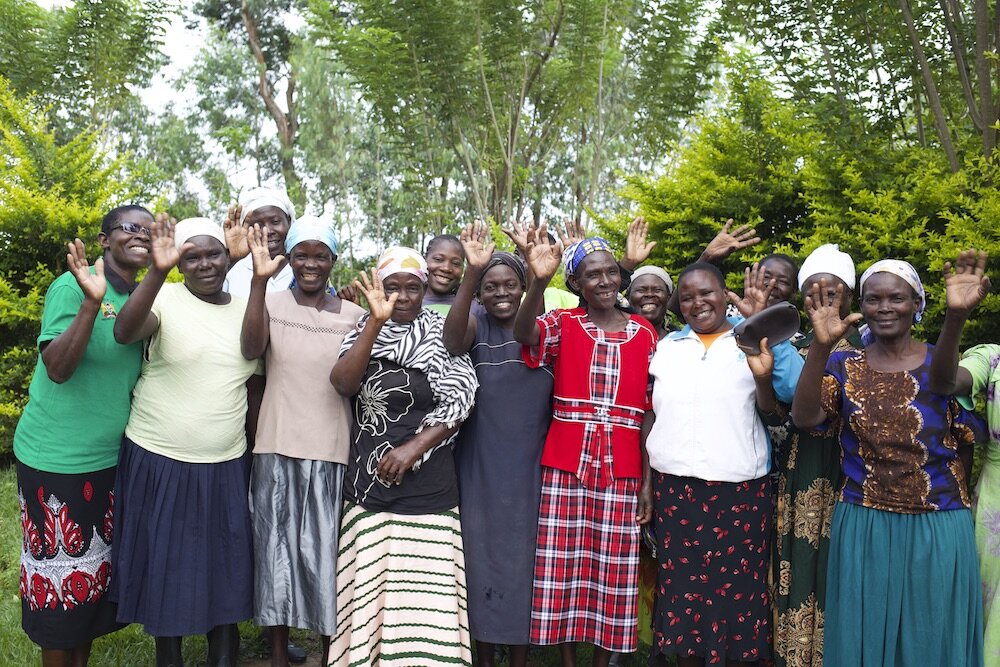LWALA
Improving and sustaining the health and well-being of individuals and families living with HIV in western Kenya.
LWALA + Blood:Water Partnership
In partnership with Blood:Water, LWALA is providing support and care for people living with HIV/AIDS and at-risk populations. Through the integration of HIV and WASH, HIV-positive and at-risk individuals are empowered to live healthy and positive lives. These efforts are supported by trained community members who lead community-led total sanitation efforts; an increase in access to safe and reliable water supplies; advocacy against discrimination; and the provision of high-quality HIV care at the health center.
Blood:Water has provided technical and financial support to Lwala Community Alliance since the launch of the Lwala Community Health Centre in 2007. This has allowed Lwala Community Alliance to improve clean water access in the community, especially near the health facility and at primary schools in the area; to start WASH training in the community; to improve the quality, availability, and organization of comprehensive HIV/AIDS health care and support services; and to expand sanitation coverage and increase the number of WASH-compliant households in North Kamagambo.
The goal of the current project is to improve and sustain the health and well-being of individuals and families living with HIV and those who are at high risk of contracting HIV in North Kamagambo. Specifically, the current project will:
- Improve community-level access to HIV prevention and care and support services, including psychosocial support for people living with HIV and those at high risk in integrated HIV and WASH programming
- Increase community-level access to safe water and sufficient and reliable hygiene facilities and latrines for people affected by or living with HIV/AIDS
- Strengthen capacity of community structures to sustain HIV and WASH services in North Kamagambo
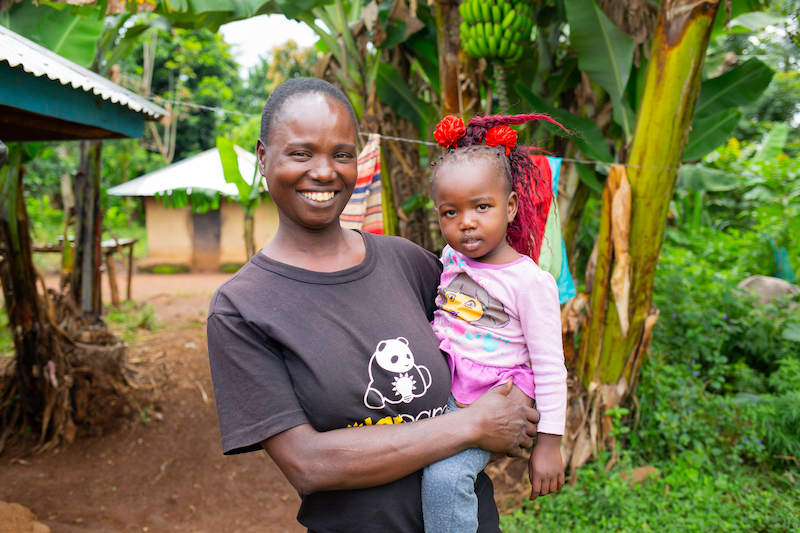
Health Context
The Kenya Aids strategic framework indicates that Migori county (Lwala’s county) is among the top ten counties leading in high rates OF HIV at 14%. This is still more than two and a half times the national average at 4.9%. Regardless of widespread availability of antiretroviral therapy (ART) and increased international and government response to the HIV/AIDS epidemic, the infection rates especially in areas like Migori remain untamed. High levels of stigma and discrimination at the community level caused mainly by poor education and information among the general public and more so health care workers worsen adherence and treatment success. The high HIV disease burden which is exacerbated by poor access to safe water.
Partner History
Lwala Community Alliance (aka “LWALA”) is a Kenyan-founded health and development agency that exists to build the capacity and advance the comprehensive well-being of people living in North Kamagambo, Kenya. Founded by Kenyan doctors, Milton and Fred Ochieng, Lwala Community Alliance works in a region with some of the highest HIV prevalence, and infant and child mortality rates in the country.
Through community-based health initiatives, LWALA is able to capitalize on existing trust relationships in the community, which allow for direct links to be made to clinical-based services that provide specialized care and support. Community health workers are engaged to provide supplementary support, education, and guidance to HIV-affected households, while primary care programs are offered through the hospital and home-based visits. In addition, HIV support groups are facilitated, and community-wide outreaches and trainings are offered to target the issues of stigma, health behaviors, and prevention of HIV and other infections.
Lwala Community Alliance also works with HIV-positive individuals to lead community-led total sanitation, and to improve quality water access, reliability and supply initiatives in the community.
Learn more at lwala.org.
Partnership Timeline: Fourth and final grant cycle (partnership started in 2007; first grant cycle with OS in 2015)
Kenya Profile
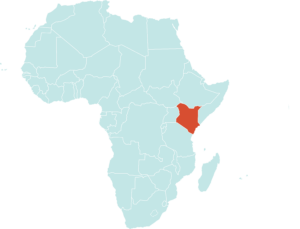 Background: Following 70 years of British colonization, Africans began to protest Great Britain's rule over Kenya. In 1952, after years of unrest and rebellion, Governor Sir Everlyn Baring declared a state of emergency for the country, eventually forcing the colonial government to allow for African representation in the Legislative Council. Eight African leaders were elected, leading to the formation of the Kenya African National Union (KANU). KANU attained 83 of the 124 seats in the House of Representatives in 1963, and gained full independence later that year under Mzee Jomo Kenyatta.
Background: Following 70 years of British colonization, Africans began to protest Great Britain's rule over Kenya. In 1952, after years of unrest and rebellion, Governor Sir Everlyn Baring declared a state of emergency for the country, eventually forcing the colonial government to allow for African representation in the Legislative Council. Eight African leaders were elected, leading to the formation of the Kenya African National Union (KANU). KANU attained 83 of the 124 seats in the House of Representatives in 1963, and gained full independence later that year under Mzee Jomo Kenyatta.
In August 2010, Kenyans overwhelmingly adopted a new constitution in a national referendum. The new constitution introduced additional checks and balances to executive power and devolved power and resources to 47 newly created counties.
Country Population: 56 million people
National Languages: Kiswahili (official), English (official)
Sources: Kenya Embassy Washington, DC | CIA Factbook (2022)
